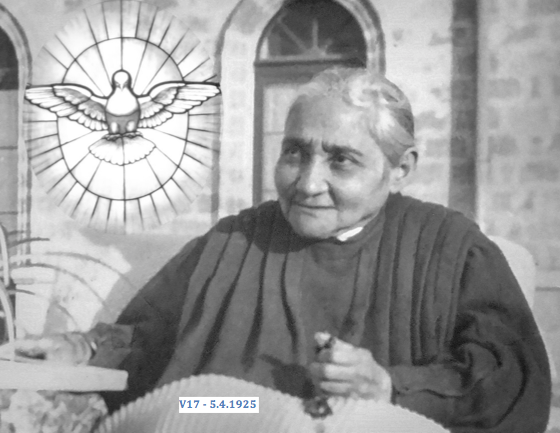“Because we did not fast we were banished from paradise. So then let us fast so as to return back to paradise.” (St. Basil, On Fasting I)
Although our time has brought with it many changes in church laws, traditions, and discipline, and the Second Vatican Council has relaxed the rules for fasting, including the Great Fast, nevertheless, the Forty Days Fast still has significance for our spiritual life. For various reasons, today we may be unable to fast in the same way as our ancestors did; yet even today we are obliged to a spiritual fast – that is, we are obliged to retain fro sin, and from given in to our evil inclinations. We are also obliged to pray and to practice virtue and good deeds. In reality the, the most important goal of the Great Fast is our spiritual renewal.
“The beginning of the fast – it is time for repentance, the day of salvation, O Soul; watch, therefore, and close the doors to the passions and lift up your eyes to God.” (Canon of the Monday Matins of the First Week of Lent)
The time of the Great Fast is for every Christian a time for spiritual combat in which the soul and body are engaged. The soul engages in this combat by praying and meditating more fervently, keeping watch over the senses, by practicing the virtues, and by doing good works. This interior disposition of the soul is manifested outwardly in our body through corporal acts of fasting and penance. There is no spiritual fasting without mortification of the body. “The more you subtract form the body,” says St. Basil the Great, “the more brightness of spiritual health you will add to the soul. For it is not by increasing bodily strength, but by perseverance and patient endurance in trial that we gain strength against the invisible enemies.” (On the Fast I)
